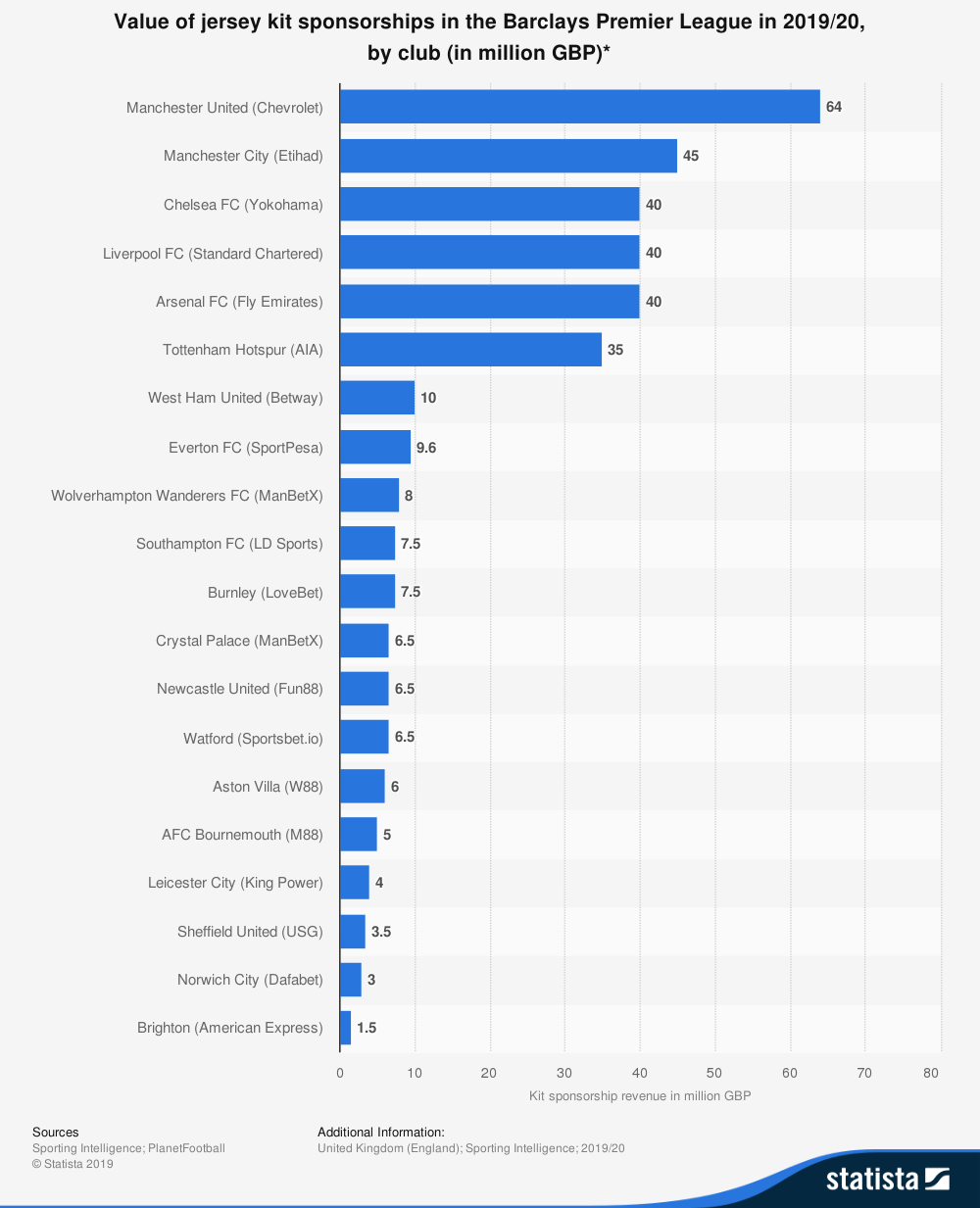Standing out from the crowd is a huge challenge in any busy marketplace. Whether you are catering to a global audience or have a more localised approach, valid brand promotion and marketing are all essential.
Here we take a closer look at how using sponsorship can help build brand awareness, boost credibility and allow you to reach a much broader demographic.
What is Sponsorship?
First of all, before we get down to a definition, sponsorship is not just for big corporations like BT, Nike or MacDonald’s. Small business can and do regularly benefit from sponsorship arrangements.
Sponsorship involves supporting an event, individual or organisation either through providing financial assistance or donating services or products. A small scale example of this would be giving kit for your local football team. Or there might be an event coming up such as a music festival or Christmas market you want to support.
When it comes to branding and marketing, whom you choose to sponsor, is essential. It should ideally be an organisation, individual or entity that comfortably aligns with your branding. For example:
- If you own a restaurant, you may want to support a local farmer’s market.
- If you develop school communication apps, you might want to lend your support to the school hockey team.
- If you install solar panels, you may want to connect with people who help clean up the local environment.
- If you provide health-related products, it will make sense to align yourself with something that offers a benefit for the community.
How Does Sponsorship Benefit Your Brand?
Being a sponsor is not just about having your logo on a football shirt or a market stall and getting some extra advertising. It’s about the relationship that you develop, and it says something important about your brand to your audience.
- Brand awareness: Sponsorship is the ideal way to build connections to your brand, which may not have been there before. A lot will depend on the type of organisation you are sponsoring, of course. They may be popular locally, and they might have a more significant media reach and regularly appear on TV. They may have a strong social media following. All these will help you build stronger brand awareness with the community.
- Credibility: You’re not just a company that sells a product or service; you’re one that cares about its community and wants to have a positive impact on good causes. Credibility is essential when building your long-term relationship with customers, even more so nowadays when we all seem to be developing social consciences and want to associate ourselves with ethical companies.
- Stand out from the crowd: Sponsorship is the ideal way to boost your public image, reaching a broader demographic than you would through other marketing opportunities.
- Positive image and identity benefits: It’s not about choosing just any organisation to sponsor. Your strategy should be both altruistic and beneficial to your business. It’s challenging to do this if you wish to sponsor someone who has more coverage in the media than someone else. There has to be a relevant and complementary connection that works for both sides.
Tips for Choosing the Right Sponsorship
The one thing you should be aware of is that opportunities to sponsor an individual or organisation are much more widespread than you think.
You could sponsor a local youth theatre or art gallery, a sports team, an organisation fighting a cause such as cancer, dementia or Parkinson’s. Additionally, you could sponsor people who provide community support such as gardening for the elderly or education for less privileged children and adults and a whole host more.
Which Organisation Matches Your Brand?
The first step is discovering different opportunities that are a good match for your brand. Some will be a better fit than others. For example, if you are a business that promotes its eco-friendly credentials, you probably don’t want to associate your brand with an event that goes against this ethos like a motorbike race or car rally.
Another thing to consider is this: Just because you think an organisation is a good match, doesn’t mean that they feel the same way about you. There may be some severe negotiation required to get on board.
This is not necessarily a bad thing. It forces you to look at the world from the organisation itself and can help you decide what you can bring to the table and how well this works for both sides.
How are you Going to Help?
Some companies simply make a financial donation and this is fine, particularly if it’s something like a sports team and all they need is money to buy their kit.
You may also have assets or services that can be helpful to the local community, however. You might like staff to get involved in events such as clean-ups or home visits for the elderly. You may have a van or SUV that you can lend out to transport people from A to B or you might have access to a piece of land that event organisers can use.
What we are saying here is that there are different ways to support local causes and it doesn’t just have to involve getting your chequebook out. What it does need to be is of value. It has to be helpful. It needs to make a difference. The more personal that assistance is, the more positive an impact it should have on your brand.
What are Your Business Goals?
Finally, this is also a marketing opportunity, so you also need to look at what your business goals are for undertaking sponsorship. As with any goal, these need to be SMART: Specific, Measurable, Actionable, Reasonable and Timely.
Maybe you want to boost sales by 15%, or you want to increase the number of people who are merely aware of your brand locally. Perhaps it’s something a little different – you want to boost employee morale and productivity by getting them involved in the local community. Have a clear idea of what sponsorship is going to do for your business.
While sponsorship requires a more nuanced approach than many other marketing activities, it certainly delivers a wide range of benefits. It is something businesses of all sizes can get involved in. Getting it right can boost the visibility of your brand and set you apart from the competition.


